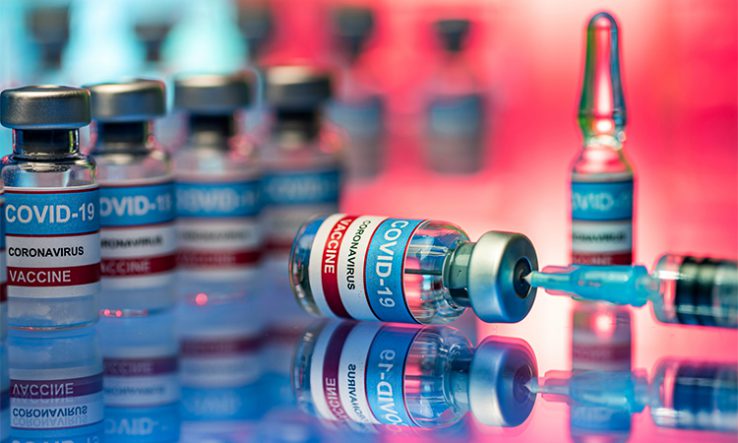
WHO regional director underscores need to tackle health inequity and develop more therapeutics
The international humanitarian health charity Médecins Sans Frontières has called on the EU to “stop blocking” a push by some countries to waive intellectual property rights on Covid-19 vaccines, tests and treatments, which is intended to enable more equitable global access to them.
A small group of nations and the EU “continue to stall constructive discussions on this proposal” on the so-called Trips (Trade-related Intellectual Property Rights) waiver, which is now supported by more than 100 countries, the MSF said in a 13 September statement.
“While severe inequity in access to Covid-19 vaccines continues, access to treatments and diagnostic tests to reduce the number of deaths is equally challenging,” the MSF said, adding that new therapeutics are “out of reach” to patients in low- and middle-income countries in part due to IP barriers.
Waiving IP protection is “critical” to prevent monopolies holding back increased global production of drugs and treatments, said Yuanqiong Hu, senior legal and policy advisor at the MSF Access Campaign. “We strongly urge countries to accelerate the negotiations on the Trips Waiver and ensure its rapid adoption,” she said.
EU institutions are split on whether IP protections on Covid vaccines and treatments should be waived. The European Parliament has backed a waiver, but in June the Council of the EU, which brings together the bloc’s national governments, sided with the pharmaceutical industry in calling for strengthened IP protections to protect innovation.
Research Professional News has invited the European Commission and Council of the EU to comment.
Therapeutics development
The MSF’s call came as the World Health Organization’s Europe director underscored the need for more medicines to help treat Covid-19.
“We need much more development of therapeutics,” Hans Kluge said on 13 September. “If tomorrow there is a mutant which escapes immunity, our hope to change the prognosis is a good therapeutic and also second-line vaccines.”
Kluge stressed that nations would need to study lessons learnt during the pandemic to address vaccine inequity in their designs for future health policies.
“No one is safe until everyone is safe,” he said, echoing an oft-quoted refrain.